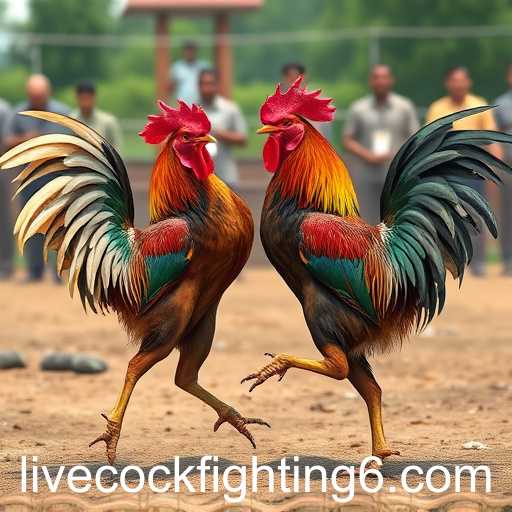Live cockfighting has inexplicably found its way into the digital realm, presenting a curious yet controversial addition to the world of online gaming. Traditionally known as a brutal blood sport, cockfighting has been banned in numerous countries due to its inhumane nature. However, the virtual simulation of this activity has become a surprising trend in 2025, sparking debates among gamers, animal rights activists, and the broader public.
The English gaming website featuring live cockfighting aims to provide an immersive experience by allowing players to virtually breed, train, and pit their digital roosters against each other. While the website claims its goal is to celebrate the cultural aspects of cockfighting without the associated cruelty, the move has nonetheless attracted significant controversy.
Critics argue that even in a virtual setting, the game glorifies a practice that should be consigned to the past. Animal rights activists are particularly vocal, asserting that normalizing such games could desensitize players to violence against animals and undermine efforts to eradicate cockfighting globally. Conversely, supporters of the game argue that it can serve as an educational tool, offering insights into a global tradition in a controlled and cruelty-free environment.
This development is part of a broader trend seen in gaming over the past few years, where real-world sports and activities are digitally replicated to enhance user engagement. The game's creators emphasize the strategic elements of cockfighting, drawing parallels with popular e-sports and appealing to those who appreciate strategic planning and skill development in gaming.
As we navigate further into the future, the intersection between emerging technologies and traditional practices continues to challenge societal norms and ethical boundaries. While live cockfighting in gaming may captivate certain audiences, it remains to be seen how this digital embodiment will evolve or be regulated. The dynamic discourse surrounding gaming trends like this one highlights the ongoing conversation about cultural preservation, innovation, and ethics in the digital age.








